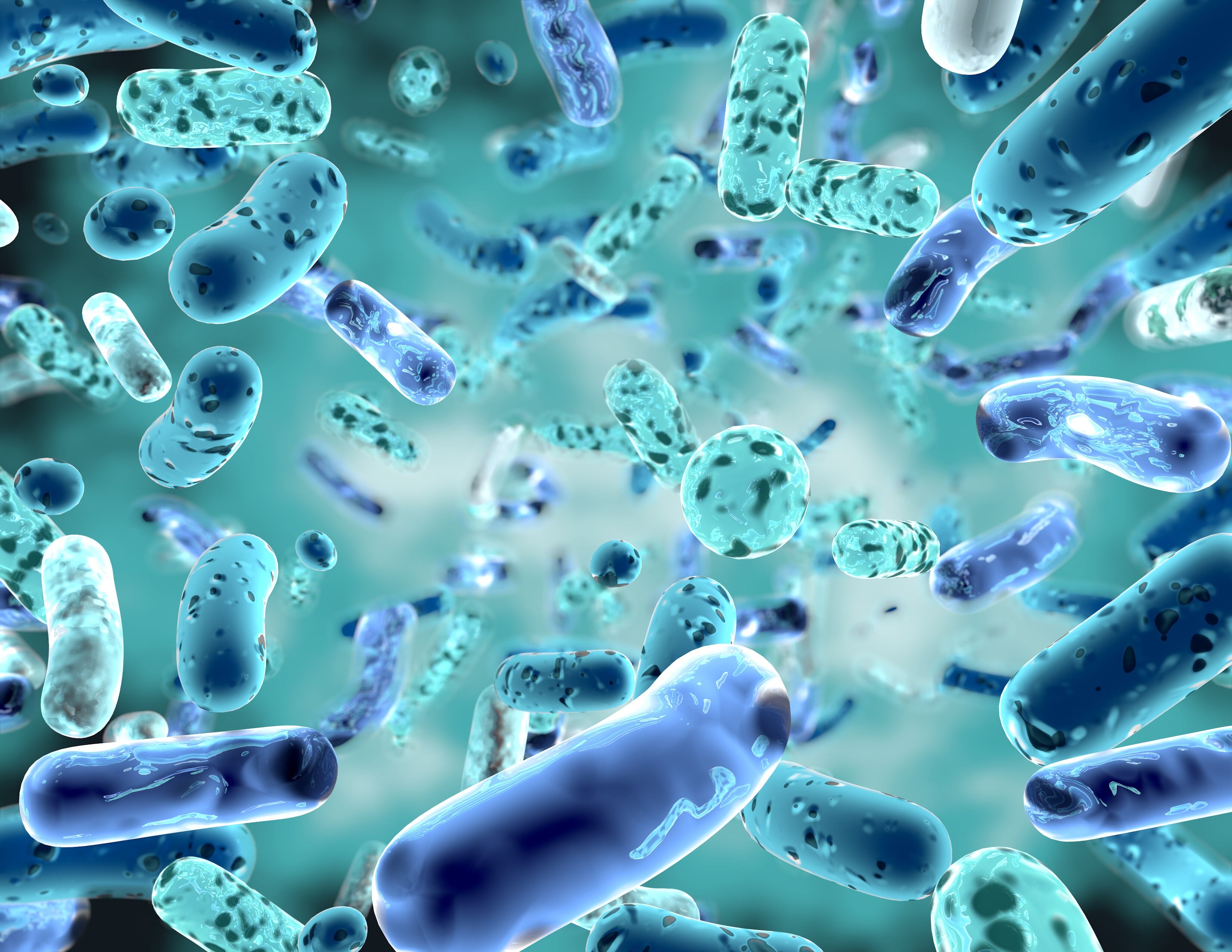While research has mainly focused on the health effects of single microbial species, a new study reveals that microbial teamwork is actually much more important than a single species working alone.
"The gut microbial community has been linked to many diseases—from metabolic to neurological. Fortunately, we can manipulate our gut microbial composition through diet, lifestyle, taking prebiotics and probiotics, and even through faecal transplants," says study researcher Mario Falchi, senior lecturer of Bioinformatics at King's College London.
"Our research suggests that future treatments to improve human health should focus on targeting microbial teams and their functions, rather than single microbial species."
UK's largest adult twin study
The new research studied a thousand twins from the UK’s largest adult twin registry and the most clinically detailed in the world TwinsUK cohort.
The study team was made up of researchers from: The Department of Twin Research & Genetic Epidemiology at King’s College London, in the UK; Human Longevity Inc, San Diego; Metabolon Inc., Morrisville; and Immunology & Inflammation, Cluster of Precision Immunology, in the USA.
They compared how people differ in their gut microbial species, and how they differ in terms of the functions carried out by bacterial teams.
Results
They discovered that while subjects shared only 43% of gut microbial species, 82% of the microbial functions were exactly the same as different microbes can perform similar functions.
They then measured hundreds of molecules in the gut and in the bloodstream—representative of microbial and human metabolism—and checked if their abundance was more strongly linked to the presence of particular microbial species or the microbial functions performed by microbial teams.
Again, microbial functions were found to be more important than single microbes, as they showed a larger number of associations with the molecular composition of both gut and blood environments.
"We found both gut species and microbial functions interact with almost all molecules measured in the gut, which is not surprising, as it's where they live," adds Falchi.
"More interesting was the fact that almost half of the molecules measured in blood also showed an association with the gut microbes, with microbial functions carried out by microbial teams showing eight-fold more associations than individual species.
"An extensive dialog goes on between the gut environment and our blood, and this explains why gut microbes are so strongly linked to our health. We estimate that 93% of this dialog involves microbial functions."
Source: Nature Communications
Authors: Visconti. A., et al
"Interplay between the human gut microbiome and host metabolism"


